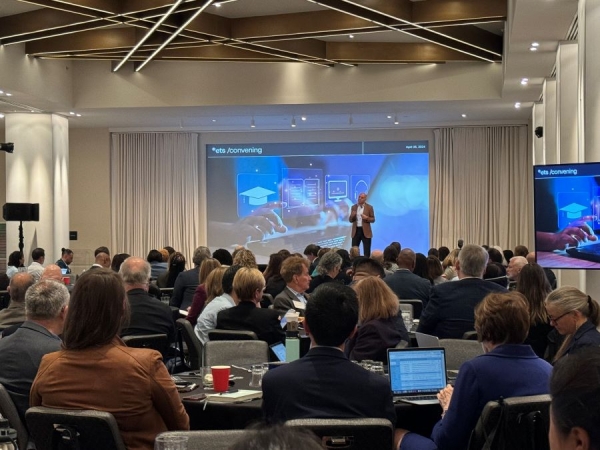As technology rapidly advances, the integration of artificial intelligence (AI) into various aspects of our lives has become more prevalent. From virtual assistants to autonomous vehicles, AI is transforming the way we work, communicate, and live. However, as AI becomes more sophisticated and ubiquitous, there are growing concerns about its ethical implications and potential negative impact on society.
One of the key issues surrounding the use of AI is its potential to disrupt the job market and displace human workers. According to a report by the World Economic Forum, AI and automation are expected to cause significant disruptions in the job market, leading to the displacement of millions of workers worldwide. In light of this, there is a growing emphasis on the importance of developing the ‘Future of Skills’ to ensure that individuals are equipped to thrive in a rapidly changing job market.
Responsible AI is a concept that emphasizes the ethical and responsible use of AI technologies to mitigate potential negative consequences. This includes ensuring transparency, accountability, and fairness in the development and deployment of AI systems. Responsible AI also involves addressing biases in AI algorithms, promoting diversity and inclusion in AI development teams, and protecting individuals’ privacy and data rights.
In the context of the ‘Future of Skills’, responsible AI plays a key role in shaping the future workforce and preparing individuals for the challenges and opportunities brought about by AI technologies. As AI becomes more integrated into the workplace, there is a growing demand for individuals with the skills and knowledge to work alongside AI systems effectively. This includes skills such as data analysis, programming, critical thinking, problem-solving, and emotional intelligence.
To prepare for the ‘Future of Skills’, individuals need to develop a combination of technical and soft skills that will enable them to adapt to the changing job market and work effectively with AI technologies. This includes a willingness to continuously learn and upskill, as well as the ability to collaborate with AI systems and leverage their capabilities to enhance productivity and innovation.
In addition to individual skills development, organizations also have a responsibility to invest in training programs and initiatives that promote lifelong learning and skill development. By fostering a culture of continuous learning and innovation, organizations can ensure that their workforce remains competitive and adaptable in the face of technological advancements.
Ultimately, the responsible use of AI and the development of the ‘Future of Skills’ go hand in hand in shaping a future where humans and machines can work together harmoniously. By embracing ethical and responsible practices in AI development and investing in skills development initiatives, we can ensure that individuals are equipped to thrive in a rapidly changing job market and contribute to a more inclusive and sustainable future.



